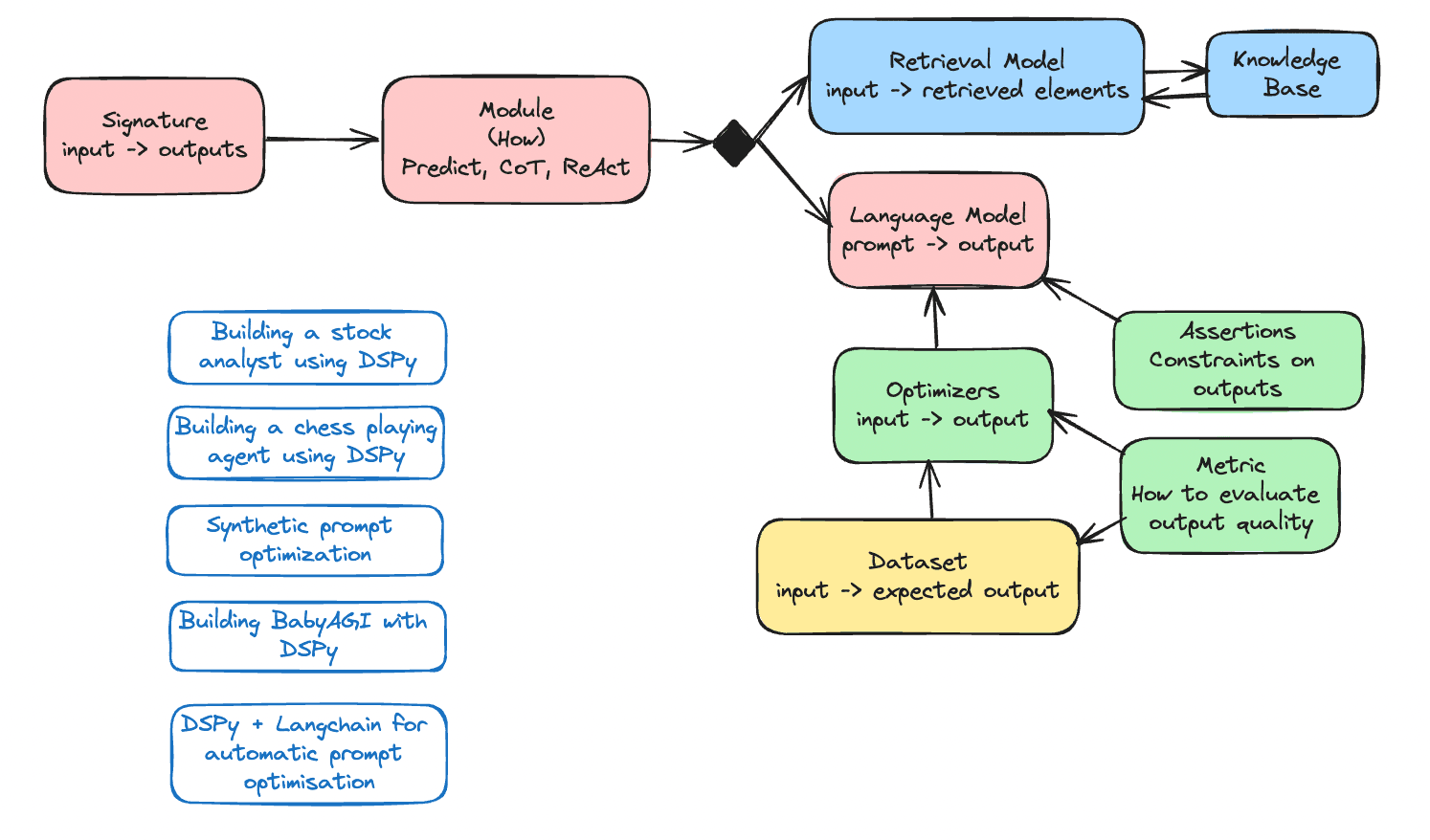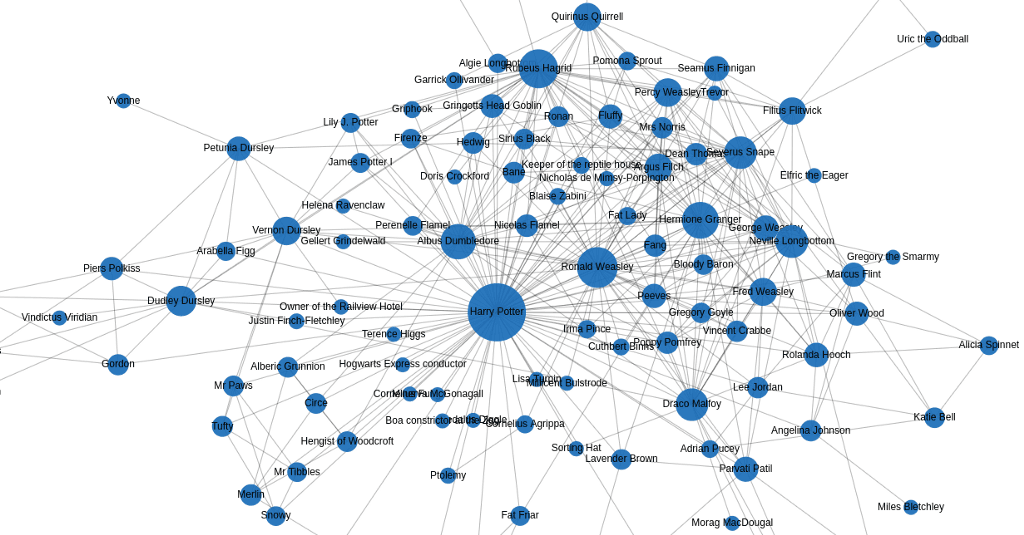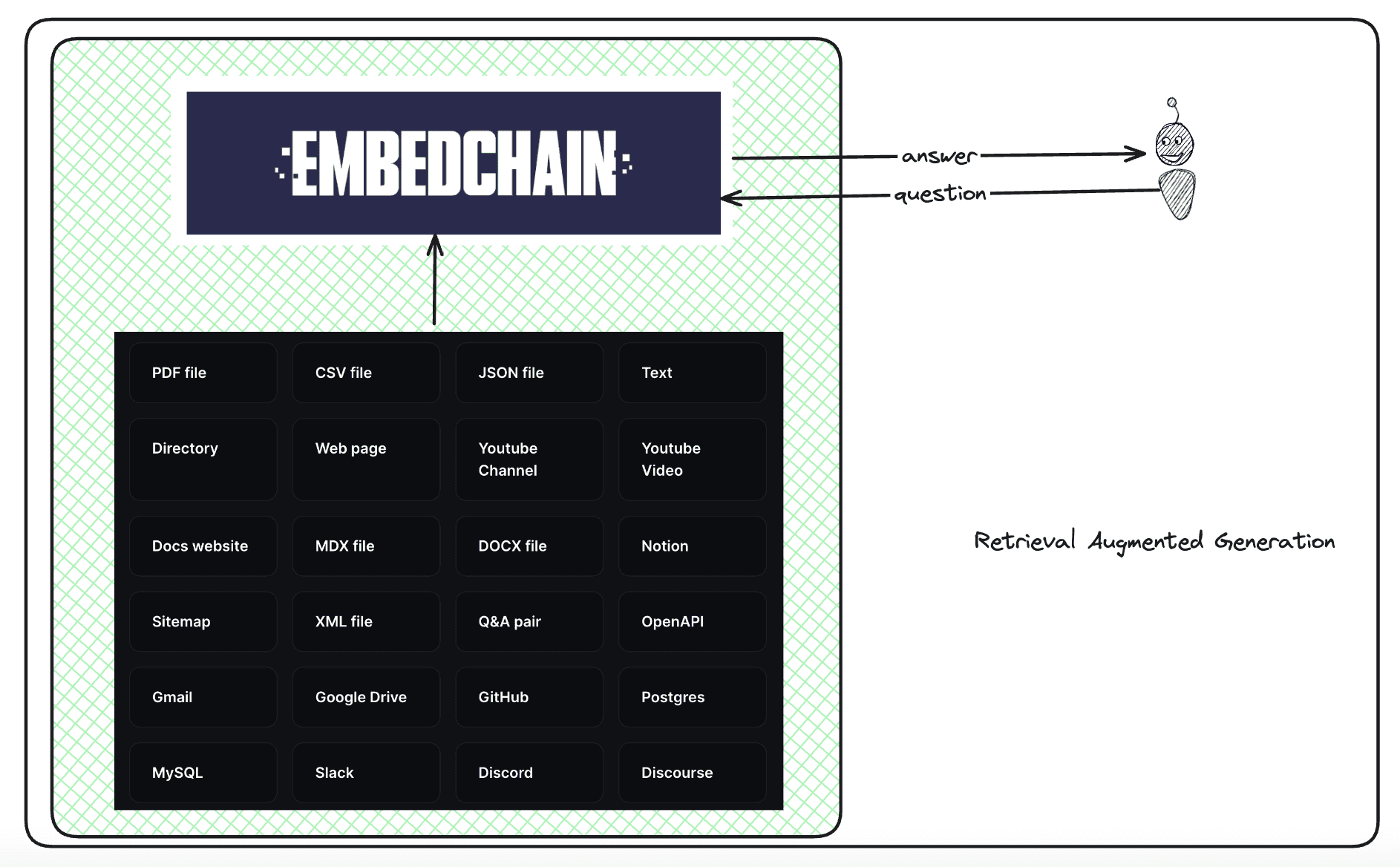Anthropic is back and cementing its place as the creator of the best coding models - bravo!
With Claude Code, the goal is clearly to take a slice of Cursor and its competitors' market share. I expected this to happen eventually.
The app layer has barely any moat, so any successful app with the potential to generate significant revenue will eventually be absorbed by foundation model companies in their quest for growth and profits.

Except for its performance on software engineering tasks, Claude 3.7 Sonnet, while impressive, does not seem to outperform the competition on other benchmarks. Its reasoning capabilities appear on par with DeepSeek R1, OpenAI's o1, and xAI's Grok 3. o3 remains the best reasoning model.
Anthropic is pursuing an interesting differentiation strategy - staying at the top of the coding model podium. Code generation is arguably one of the most useful applications of LLMs, despite some reluctance from the software engineering industry. It's easier to make LLMs better at coding because reward functions can be designed around whether the generated code passes tests. This is especially useful for reinforcement learning (RL). The DeepSeek story earlier this year demonstrated how RL can supercharge LLM performance in coding.
Now, let's imagine that LLMs' coding abilities continue to improve so drastically that vibe coding - the act of coding via language and iterative textual prompts - becomes reliable and widespread. What does that mean for the world? More software, more home-cooked software, more tools to solve individual needs. It will be the equivalent of the VBA moment of software.
Who will benefit? Will it increase human productivity? Probably. Will that translate into GDP growth? We'll have to wait and see.
I'll likely write a more comprehensive analysis later. For now, go cook with Sonnet.
The future is bright.



